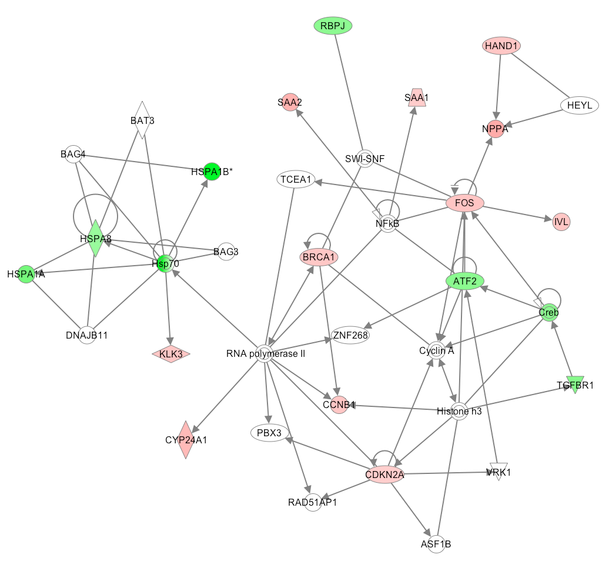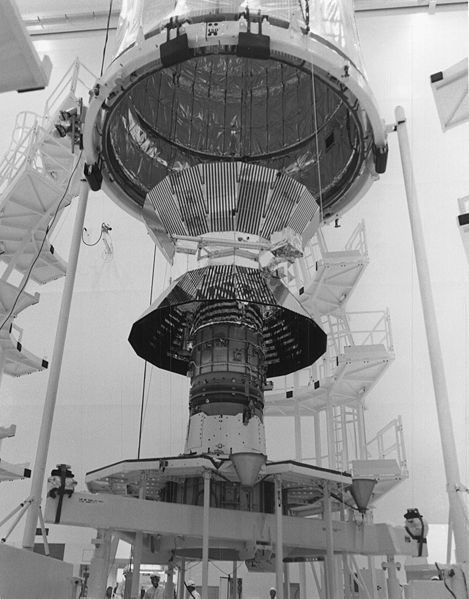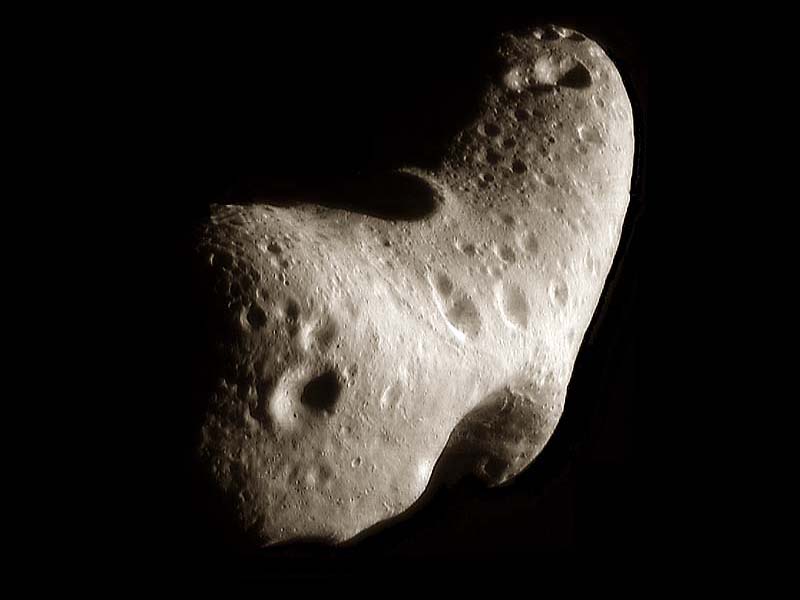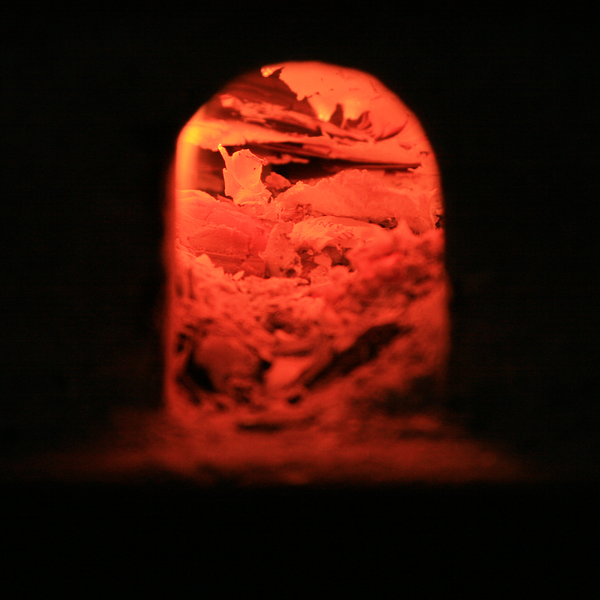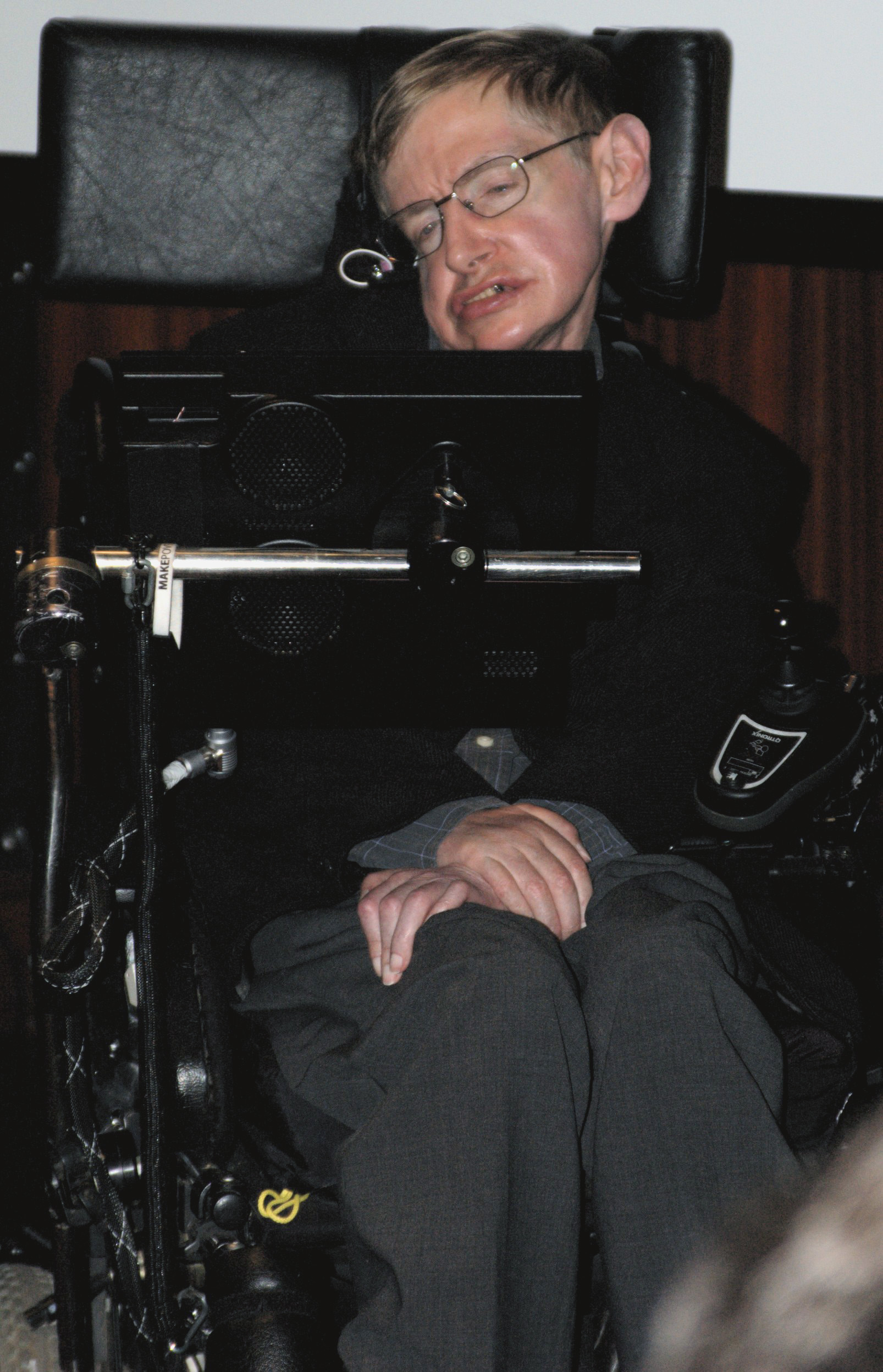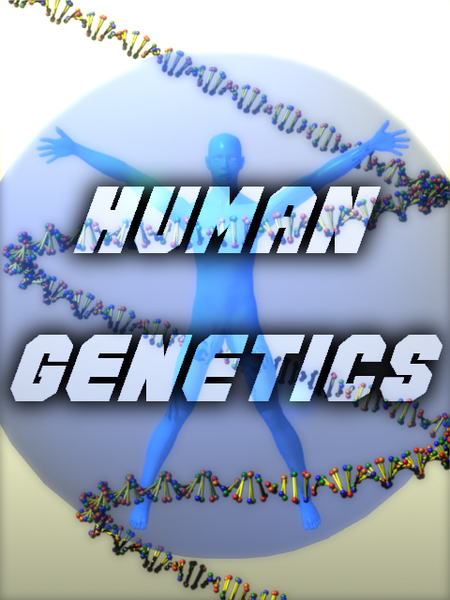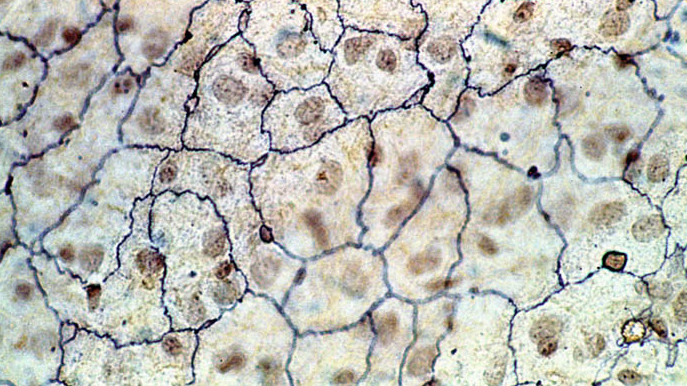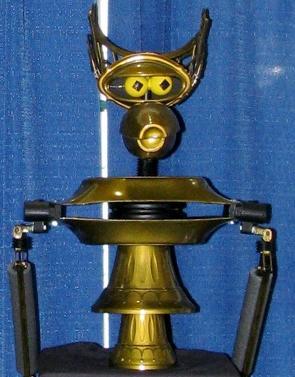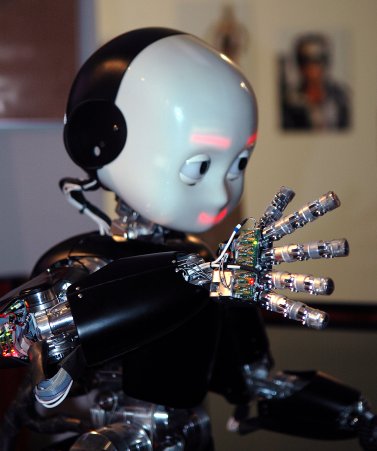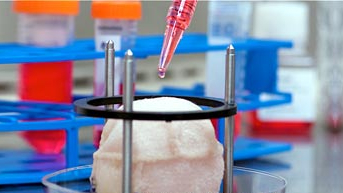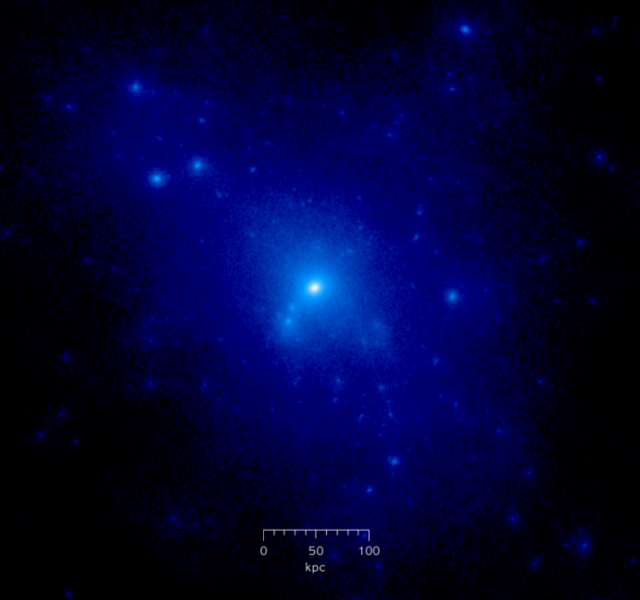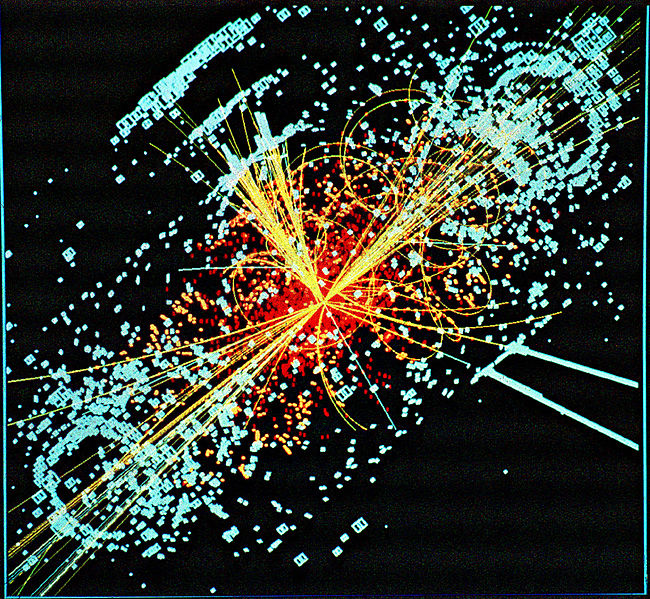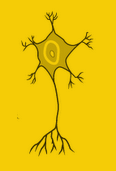Surprising Science
All Stories
A new computational model out of M.I.T. can analyze any type of complex network—biological, social or electronic—and reveal the critical points that can be used to control the entire system.
Andreas Tziolas of Project Icarus overviews the general Icarus mission timeline, with a focus on the propulsion techniques that will be required to support the fusion-propelled interstellar vehicle.
A study from U.S. environmental scientists suggests that a method of extracting natural gas from shale rock increases methane concentrations in drinking water taken from nearby wells.
An asteroid the size of an aircraft carrier will come closer to Earth this autumn than our own moon does, causing scientists to hold their breath (with excitement, not worry) as it zooms by.
The Intergovernmental Panel on Climate Change has released its first-ever detailed analysis of alternative energy technologies and their potential role in mitigating greenhouse gas emissions.
Diagnosed with Lou Gehrig’s disease at the age of 21, Hawking, like Einstein, is as famous for his story as for his science. The physicist recently open up about his life experiences in Arizona.
Today, Dr. Kaku addresses a question posed by Peth Kwanchit: Will I be able to talk to my dog through a translator?
Predicting the end of the world is a rough business. Everyone knows when you’re wrong; and when you’re right, you don’t get to take a victory lap.
The concept behind Flattr—an economy of “micro-payments”—should work quite well. The only problem is that it never has.
A growing body of research challenges whether most humans see “positive” emotions as better than ordinary ones—whether feeling happy actually leads, in the end, to a good life.
Cambridge University psychologist Simon Baron-Cohen argues that evil should be understood as a lack of empathy—a condition he argues can be measured and is susceptible to education and treatment.
The real reason why we succeed in our relationships and careers is the strength of our unconscious, according to David Brooks, who wants to unravel the power of our inner voice.
Jeffrey Potteiger, an exercise scientist at Grand Valley State University in Grand Rapids, says that calisthenics is again becoming popular, though it’s health benefits have long been known.
Praying and believing in a god might secure a healthier existence for your soul in the hereafter, but it doesn’t necessarily do much for the body in this life, a new study shows.
Coffee, sex, blowing your nose and getting mad are everyday triggers that can raise your risk of a type of stroke by causing blood vessels to burst, say researchers in the Netherlands.
Your overall happiness may depend in part on whether you drew the long or short version of a gene, say researchers who have uncovered a genetic link to happiness in a study of 2,500 Americans.
Large pharmaceutical companies are increasingly testing their drugs in Eastern Europe and Asia thanks to less red tape and lower operating costs, but is that good for American consumers?
Studies in neuroscience over the last few decades have confirmed an idea originally suggested by philosophers and psychologists: how much the brain can change in response to our experiences.
From fully-functioning rabbit penises and spray-on skin to ribeye steaks grown in laboratories, here are the most exciting—and bizarre—advances in the new field of tissue engineering.
Virtual robots have “evolved” to cooperate—but only with close relatives. The finding bolsters a long-standing theory about how cooperation has evolved and may resolve a bitter row among biologists.
For the first time ever, Intel has fundamentally changed the basic building block of the computer chip: the transistor—increasing speed by 37 percent and cutting half the power consumed.
Some of the founders and leading lights in the fields of artificial intelligence and cognitive science have given a harsh assessment of the lack of progress in A.I. over the last few decades.
Whereas making business green was once a financial burden, companies today have a unique opportunity to design products that tap into the global urge to reduce carbon emissions.
The burgeoning field of regenerative medicine, or tissue engineering, seeks to harness the body’s own healing powers.
Scientists who claimed to have found evidence of dark matter deep within a mine in the Gran Sassoa mountain in Italy now claim there are seasonal variations in the mysterious matter’s presence.
The long term storage of significant amounts of antihydrogen should soon settle the question of whether antimatter falls up or down. Should it fall up—hoverboards, anyone?
Two Indian scientists have questioned reports that the long elusive Higgs boson, or “God particle”, has been discovered, with one even denying the possibility of its physical existence.
Some have proposed using quantum entanglement (the invisible umbilical cord that exists between objects) as a form of telepathy. But there are much more practical ways of achieving telepathy that already exist.
Cars are increasingly becoming computers with wheels. Navigating, monitoring performance, maintenance, and even selling cars, is becoming digitalized.
The divide between sleep and wakefulness may not be as clearcut as we thought. Recent research shows that in visibly awake rats, some areas of the brain’s cortex go “offline”.
